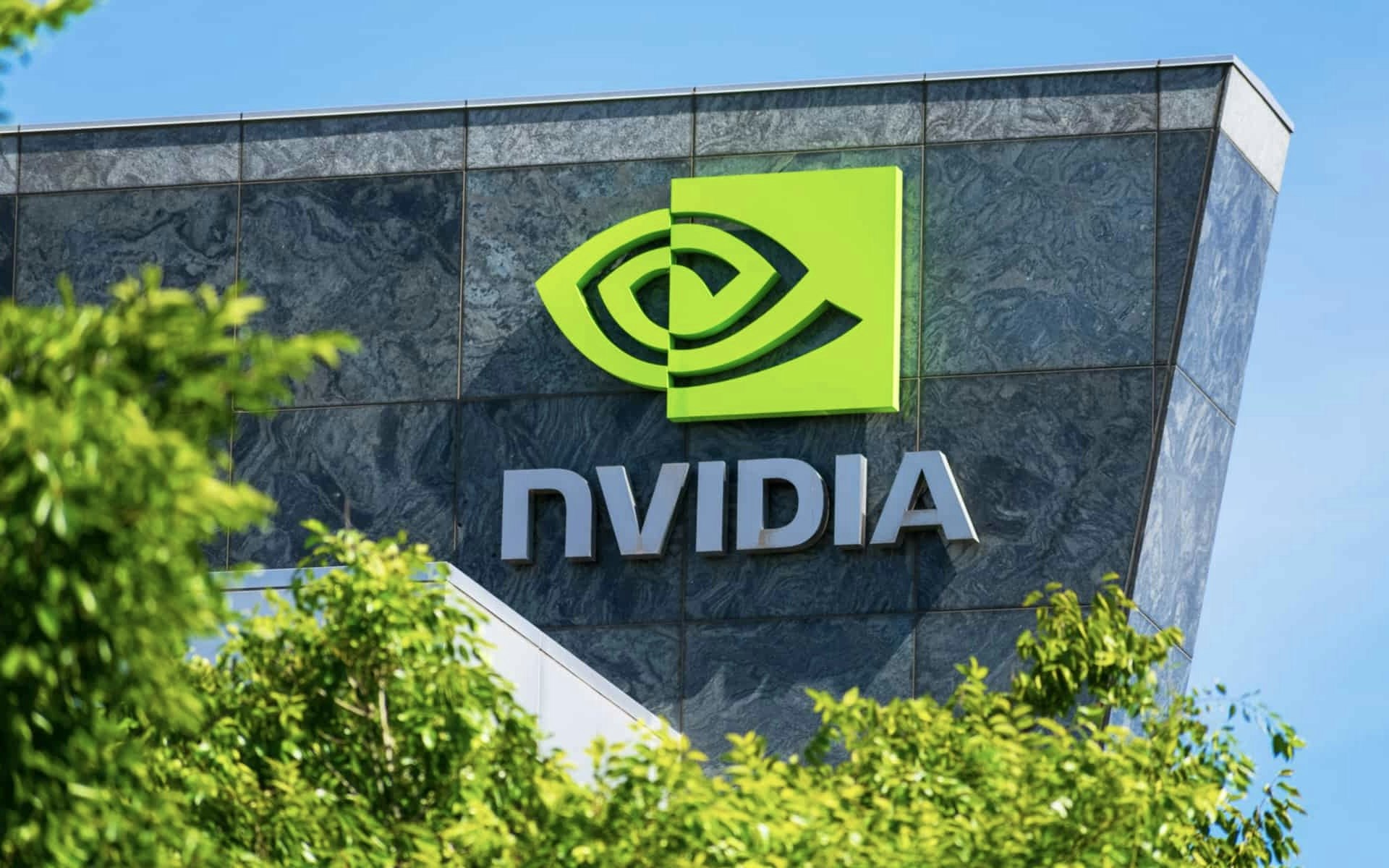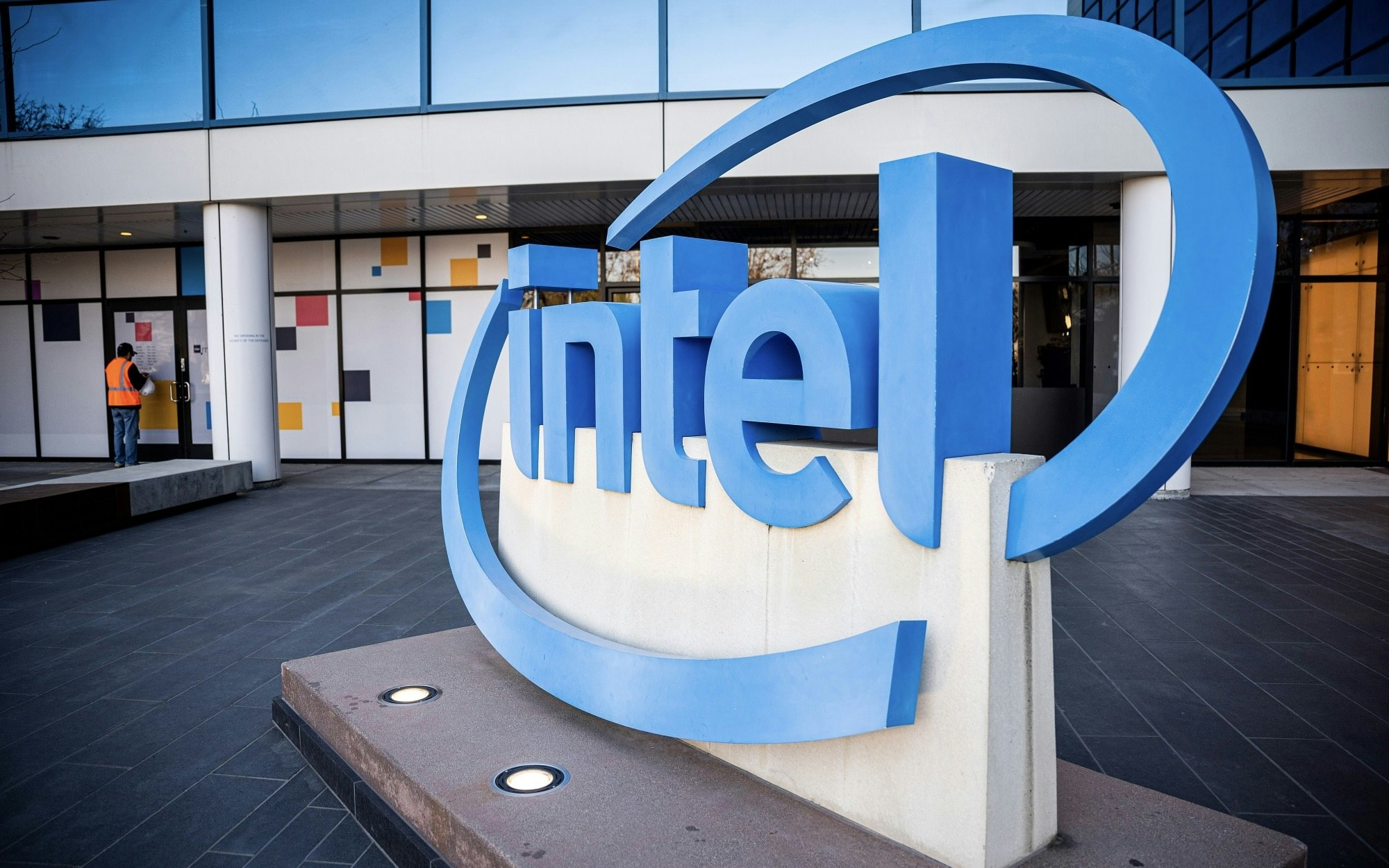AI
Countries Worldwide Investing Billions in Local AI Infrastructures
To secure their AI future, countries are building their own computer infrastructures in light of US and China dominance.

Amid the dominance of the US and China in the field of Artificial Intelligence (AI), countries in Asia, the Middle East, Europe, and the Americas are investing billions in building their own AI data centers. These investments provide companies like Nvidia with a new, rapidly growing source of revenue.
Governments are increasing their budgets and offering incentives to encourage local businesses and multinational corporations to build new data centers and upgrade existing ones with specialized computer chips, mostly from Nvidia. The goal is to develop AI locally and train large language models in their national languages, based on the data of their citizens.
These investments are driven by the desire for strategic independence as tensions between the U.S. and China, focusing on technologies, increase. Some countries also wish to protect their local culture and national security in an AI-centered world after feeling like latecomers in the mobile phone and cloud computing revolution.
Nvidia recently reported that so-called sovereign AI initiatives could generate nearly 10 billion dollars this year, compared to zero last year. The company reported quarterly revenue of 26 billion dollars, almost half of which comes from large cloud computing companies that rent access to its chips.
Some governments are enormously concerned about how the generative AI revolution will impact their economies," said Pablo Chavez, a former Google and Microsoft policy executive who is now with the Center for a New American Security. "They want to have more influence and control this time.
These efforts are proving to be a boon for Nvidia and U.S. technology companies that build and operate data centers and are looking for new sources of growth as demand for AI tools in the private sector threatens to decline.
Nvidia CEO Jensen Huang traveled around the world in recent months to promote investments in AI by governments and state-affiliated telecommunications and utilities companies that often oversee national computing infrastructure. He met Indian Prime Minister Narendra Modi in September, followed by the Prime Ministers of Japan and Singapore in December, as well as officials in the United Arab Emirates and Canada earlier this year. In June, Huang visited Taiwan for a computer conference.
You own your own data. Therefore, you must take this data, refine it, and possess your own national intelligence. You cannot leave this to others," said Huang in Dubai in February.
Sure, here's the translation:
"Among the largest investors in sovereign AI is Singapore, whose National Supercomputing Centre is being upgraded with the latest AI chips from Nvidia, where the state-owned telecommunications company Singtel is expanding its data center presence in Southeast Asia in collaboration with Nvidia. The country is also advancing a large language model trained on Southeast Asian languages.
Other major projects include Canada, which pledged $1.5 billion last month as part of a sovereign computer strategy for startups and researchers in the country, and Japan, which is investing around $740 million this year to expand national AI computing power after Huang visited the country.
Similar initiatives are spreading across Europe, including France and Italy, where telecommunications companies are building AI supercomputers with Nvidia chips to develop local language models. Recently, French President Emmanuel Macron called for public-private partnerships to purchase more graphics processing units (GPUs) in order to increase Europe's share of these globally utilized chips from the current 3% to 20% by 2030 or 2035.
Kenya signed a contract last month with Microsoft and the UAE-backed AI company G42 to build a $1 billion data center in the country and utilize the country's geothermal energy to train a model directly in Swahili and English.
Governments now want sovereign clouds for their AI infrastructure and sensitive data, and US technology companies are eager to build these for them," said Nu Wexler, a former policy communications staffer at Google, Meta, and Twitter, now known as X. "It is a tremendous growth opportunity for chip manufacturers and cloud providers, but they still have to navigate a minefield of export controls and political rivalries.
China also plays a role in the race for sovereign AI. It sells data centers and AI capabilities to African countries, including Egypt. However, AI chips made in China are currently not as powerful as those from the USA, which often makes the USA a preferred supplier despite export restrictions that apply to the most advanced technology.
For Nvidia, national pride in sovereign computer technology could provide a welcome compensation if demand from its core customer group of technology companies like Microsoft, Amazon, and Google cools down. Analysts say that the company's growth has slowed in recent quarters, although revenue forecasts remain positive.
The sales figures to cloud computing giants cannot be sustainable at this level," said Angelo Zino, an analyst at CFRA Research. "The question is how they can maintain this momentum. Sovereign AI is a new lever to achieve higher revenues.









